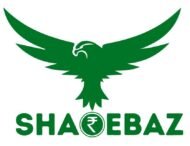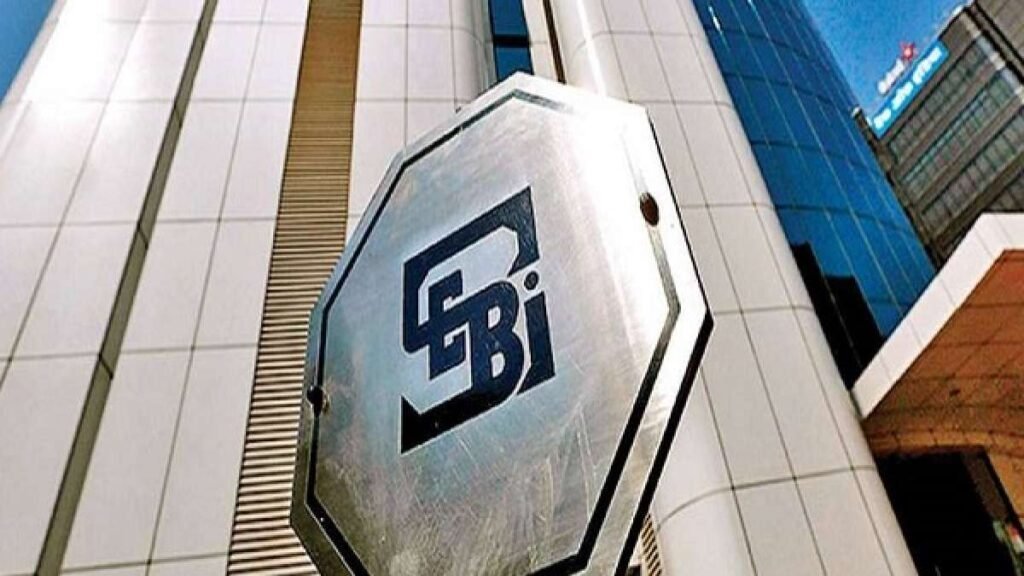The capital markets regulator Sebi stated Yesterday that publicly traded businesses should have an internal structured digital database with information on unpublished price sensitive information (UPSI) and the identities of those who have access to it. Also, the database has information about the people who shared such information, according to Sebi’s 25-page exhaustive Frequently Asked Questions document (FAQs).
Similar to that, a fiduciary or intermediary should keep an internal structured digital database that contains this data. At least eight years must pass following the completion of the pertinent transactions before the database is no longer usable. If Sebi provides any information about an investigation or enforcement action, that information in the database must be kept up to date until the end of that action.
The regulator also made it clear that gifting shares as gifts by promoters of listed firms is considered trading and must adhere to the disclosure, pre-clearance, and contra trade prohibitions requirements. Gifting will be seen as trading in shares, according to the Sebi, because trading comprises agreeing to subscribe, acquire, sell, or deal in any securities.
“Thus, gift is a trade and the promoter shall be required to comply with requirement of disclosure, pre-clearance and contra trade restrictions,” it added. Contra trade in market parlance refers to transaction involving shares of the company by a designated person and executing a contra or opposite trade within 6 months after the prior transaction. The clarification comes as Sebi revised and updated it’s FAQs particularly, with regard to structured digital database and contra-trade.
Further, in order to provide more clarity and ease of reference, these FAQs have been categorised subject-wise under various headings such as trading, structured digital database, disclosures, pledge, trading plan, pre-clerance. As per the new FAQ, any share transaction by a company’s Designated Person (DP) and his immediate relatives, within 6 months of an earlier sell or buy trade, where both the trades have been done in open market will tantamount to “contra trade”.
In respect of ESOPs, subscribing, exercising and subsequent sale of shares, so acquired by exercising ESOPs, shares will not attract contra trade restrictions. Further, if the ESOP shares are sold in multiple transactions, it will not attract contra trade restrictions. With regard to futures and options, the regulator said that any derivative contract that is physically settled on expiry will not be considered to be a contra trade. However, closing the contract before expiry would mean taking contra position.
Trading in index futures or such other derivatives where the scrip is part of such derivatives need not be reported. Moreover, any acquisition or disposal of securities by way of rights issue, Follow-on Public Offer (FPO), Offer for Sale (OFS), bonus issue, share split, merger, demerger, would not attract restriction of ‘contra-trade’, provided the initial transaction of disposal was completed in accordance with insider trading rules.

